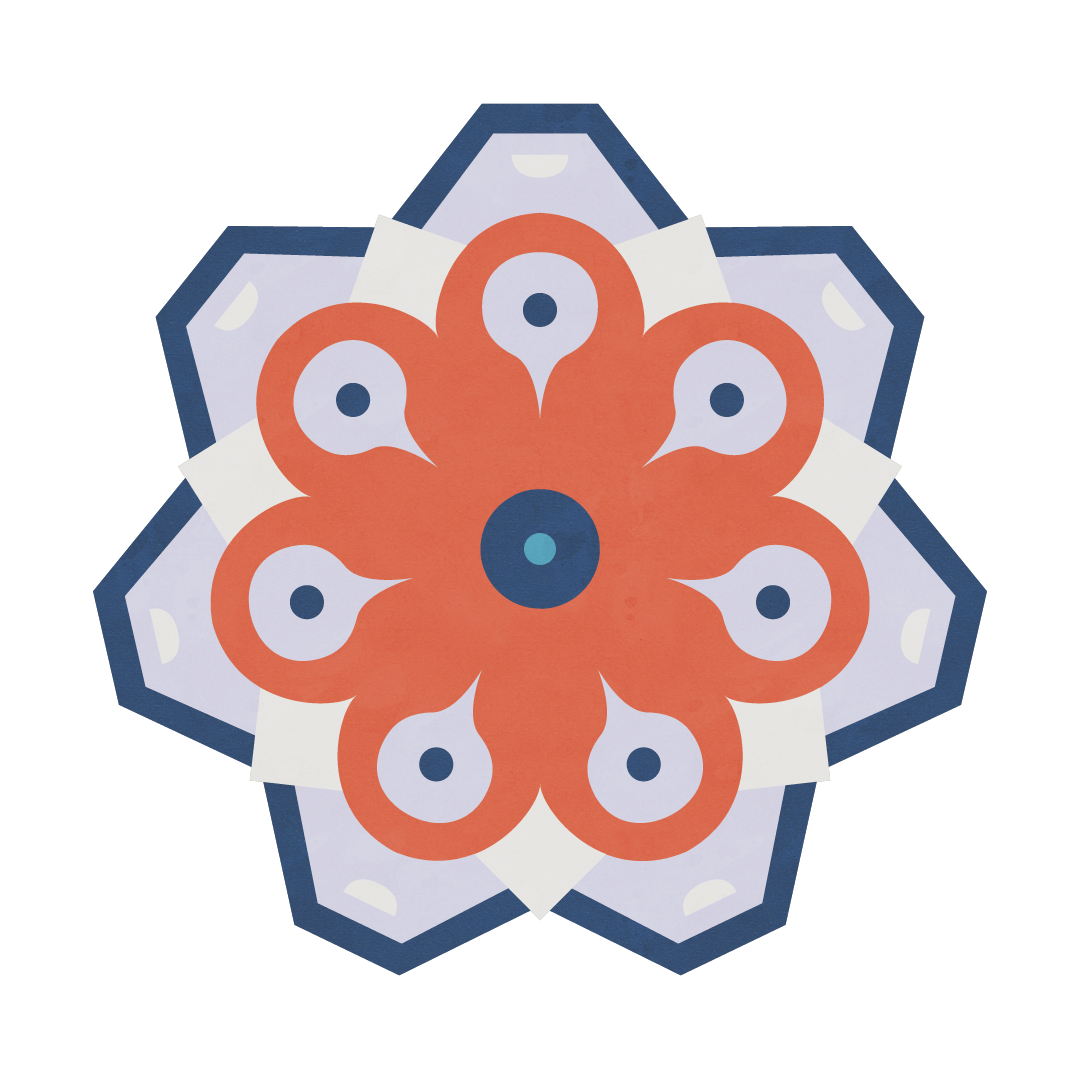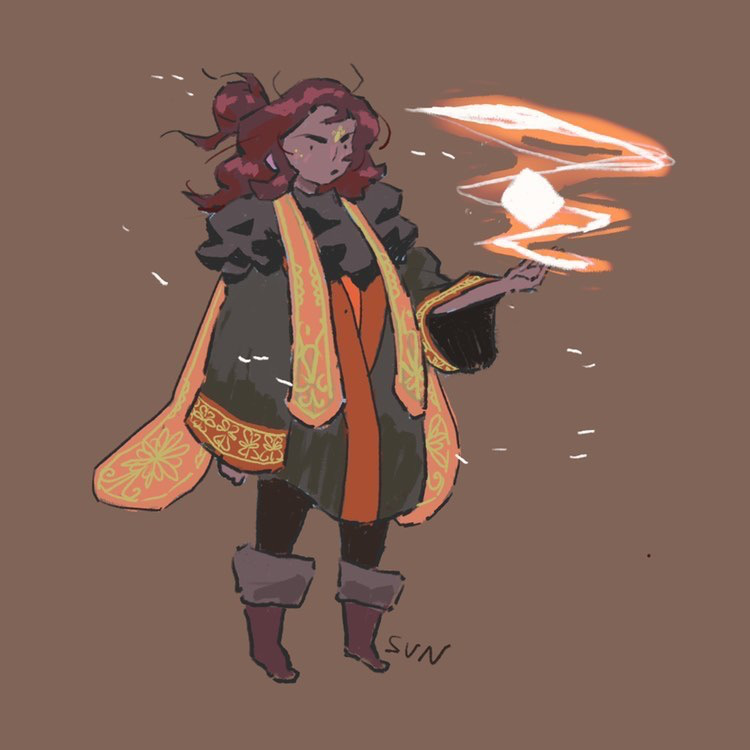Danatelian Lands
The Seven Great Cities
From the towering peaks of the Matdhü Chain, east towards the rolling waves of the Azure Sea, and to the vast fields of the Lands of the Wind: that is the land we were promised by our gods.
The Danatelian Lands are the main ruling power in the Arda Almyed. The nation was established in 328 CE, following the creation of the Treaty of the Seven Cities.
The inhabitants of the Danatelian Lands are diverse, both in ancestry and culture, and these differences have led to both eras of great understanding and deep divide.
Seven Cities, One Land
While the Danatelian Lands consider themselves to be a unified country, most who live there identify themselves as a citizen of their city first, and their nation second. This divide between the city dates back to the initial creation of the country, when the First Danatelians fled their homeland in search of the Arda Almyed.Political Organisation
Each of the seven cities has control over a region of the country. They are responsible for all of the affairs of the region, from taxing the population to protecting and supporting the various towns and villages under their protection. Before the unification of the lands, these cities would often fight over resources, and some old rivalries are still well alive to this day."So it's true what they say about Fleurians heh! Your legs are just as slow as ya brains!"
The Seven Cities each have elected officials who represent them at the Council of Sebe. Together they discuss what decisions the Cities will take together as a nation, and what can be done to help the growth of the country. The Danatelian Lands have little power as a whole, with cities still functioning as almost independent entities.
In some rare and unfortunate cases, some villages and towns fall outside of any city's jurisdiction. This usually happens when the settlement isn't considered "profitable" enough to waste resources on, or simply that they are too far out of reach. These places are called Fawats, and usually attract outcasts and criminals of all kinds.
United by Faith
But what unites the Danatelians today was once at the source of many conflicts. Each region had its patron god, and many wars were waged in the Age of Princes in hopes of establishing the dominion of one cult over the other.
Today most people worship both the patron god of their profession or region, as well as whatever local god might watch over their village. It is common for faithful to leave on pilgrims, though people rarely make a trip more than once in their life-time.

Danatelian Crest
Demonym: Danatelians
Main Religion: Saohri Temple
National Motto: United we Stand, Divided we Fall.













This is such a good article. I love all the different cities and the really detailed and clear history. Also, your layout is beautiful! <3
Explore Etrea
Thank you for the kind words! Im glad to hear the article was good, long stuff is always so much harder that short work :')